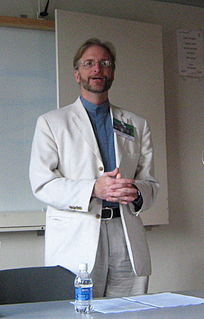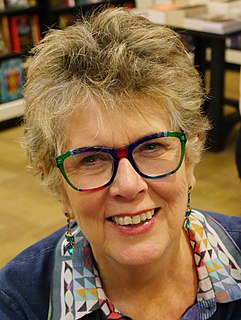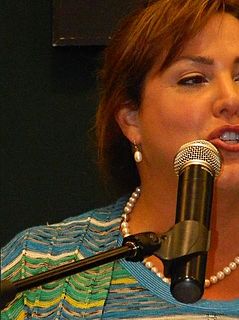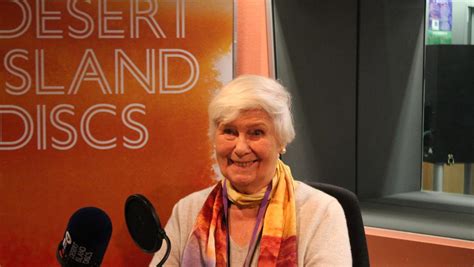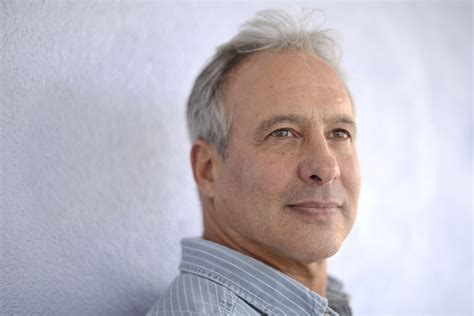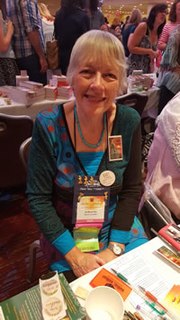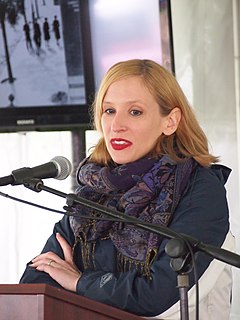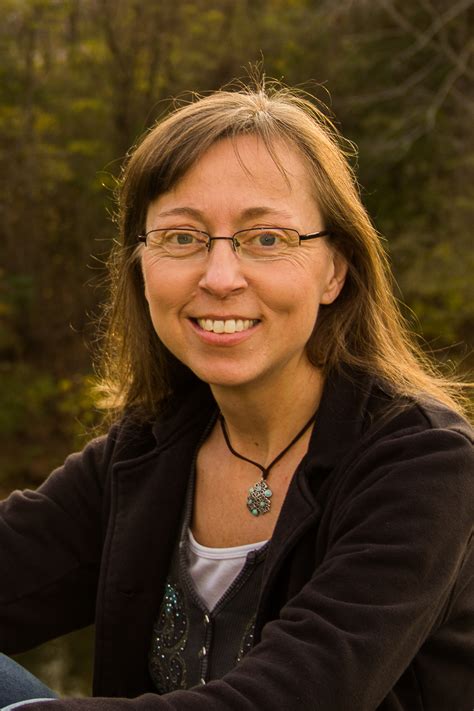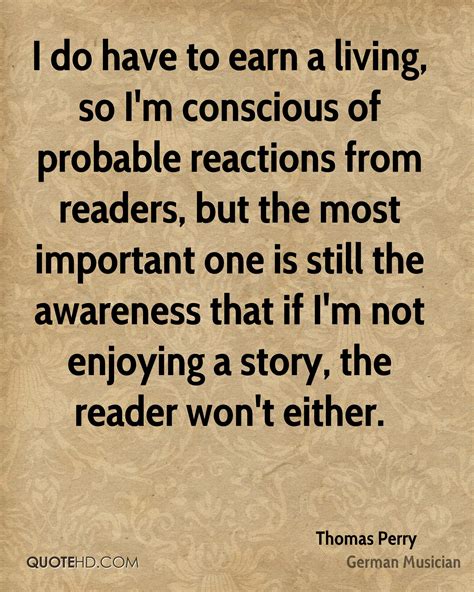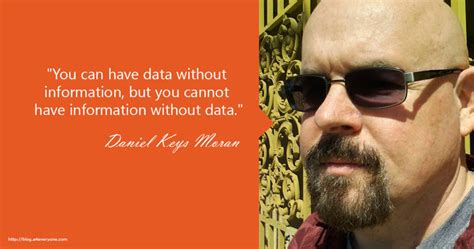Top 1200 Fiction Writing Quotes & Sayings - Page 5
Explore popular Fiction Writing quotes.
Last updated on December 4, 2024.
My work is very eclectic. I write books that range from writing fiction, writing fable where I am very directly trying to imagine alternate worlds, to writing about [Buckminster] Fuller who was the ultimate world man creating all sorts of alternate worlds and believing that they were imminent to my own work of - for instance, a project that I've been working on for some year and a half, two years now that continues to evolve has been what I call Deep Time Photography.
I'm not disciplined in terms of scheduling. I work best late at night, but I can't do that when I'm on a TV show - our hours are roughly 10-6:30, so I have to go to sleep at a reasonable hour. So I'll sometimes write fiction for an hour or two in the evenings, or several hours on the weekend afternoons - unless I'm actively writing a script for the show I'm working on, in which case there's no time to write fiction at all.
Fiction ought to announce the problems, dramatize the problems, display them. Yet offer no set answer. An answer would solve the mystery. Writing fiction, for me, is about putting on paper my obsessive interest in something mysterious. I may figure out the source of the mystery, the things that brought some action or image to my mind, but to make an equation of it would ruin the story.
Science fiction is a weird category, because it's the only area of fiction I can think of where the story is not of primary importance. Science fiction tends to be more about the science, or the invention of the fantasy world, or the political allegory. When I left science fiction, I said "They're more interested in planets, and I'm interested in people."
At times of crisis or distress, it's poems that people turn to. (Poetry) still has a power to speak to people's feelings, maybe in a way that fiction, because it works in a longer way, can't. There's a little bit of your brain that mourns and grieves that you're not writing poetry, but actually as long as I'm writing something, I'm happy.
They [academy writing programs] have no concept that the world has changed, that publishing has changed, that filmmaking has changed, and if you're not constantly looking at your education model and adjusting for the change, you'll find yourself teaching antiquity. Like all of these programs that won't accept students who are writing genre fiction - what an institutional ego!


